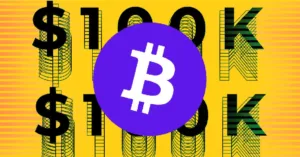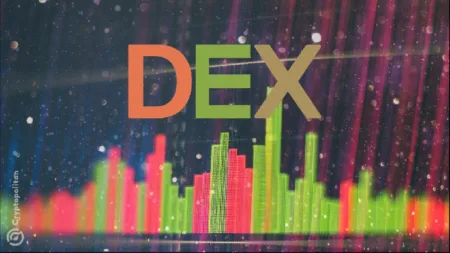LI.FI, a cross-chain liquidity provider, has announced its support for native Bitcoin swaps through ThorChain, according to an Aug. 14 statement shared with CryptoSlate.
This integration, facilitated by SwapKit, enhances Bitcoin transfers between Ethereum Virtual Machine (EVM) chains and simplifies the exchange of the flagship asset for other cryptocurrencies within these networks.
Boosting adoption
LI.FI’s new feature aims to expand Bitcoin access and enable its use in DeFi and other financial innovations.
According to the firm:
“This development presents a substantial opportunity for wallets, DeFi platforms, and enterprise applications to enhance their offerings by providing their users a secure and easy way to buy BTC or swap between it and other assets on EVM chains.”
The company also highlighted that this feature addresses difficulties faced by EVM users in purchasing Bitcoin. Users can now buy Bitcoin directly or swap it for other assets using their preferred wallets.
Additionally, ThorChain has been added to LI.FI’s supported bridges and offers users optimal rates for token swaps and cross-chain transfers.
ThorChain is a decentralized cross-chain protocol that facilitates native swaps between different blockchains. Last year, it temporarily paused operations to address the flow of illicit funds via its platform.
Bitcoin layer-2
LI.FI also plans to extend its support to Bitcoin Layer-2 (L2) solutions, aiming to boost application flexibility and capitalize on the Bitcoin network’s growing potential.
Bitcoin L2s are protocols designed to solve Bitcoin scalability problems, boost transaction speeds, and lower transaction fees. Notably, some of these solutions introduce smart contract functionality to the blockchain, which substantially broadens its potential.
The protocols have become increasingly popular over the past year, and they collectively raised nearly $100 million during the second quarter of this year. However, Alex Thorn, the head of research at Galaxy Digital, warned that the networks face significant long-term challenges due to the high cost of posting data on BTC.
Read the full article here









